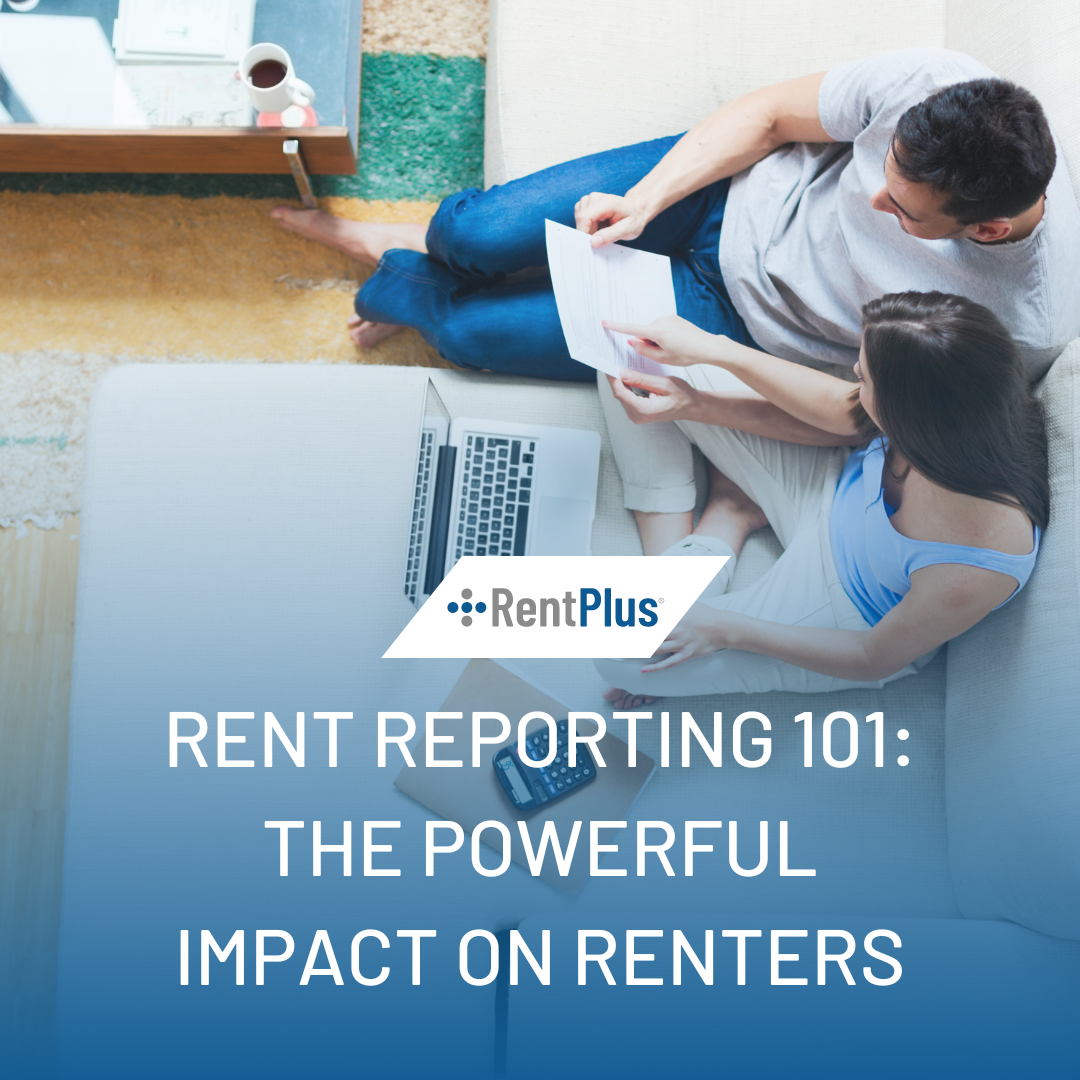Rent reporting is a powerful financial tool that has gained significant attention in recent years, revolutionizing how renters build credit history and achieve financial goals.
With the rising number of renters in the United States, understanding the benefits of rent reporting and how to take advantage of this practice has become essential.
In this article will dive into the fundamentals of rent reporting, highlighting its advantages and why every renter should consider utilizing this opportunity.
The Growing Number of Renters in the US
As of 2023, there are more than 116 million renters in the United States, which makes up over 36% of the population. The average monthly rent in the US is $1,560, and it has been increasing steadily in recent years.
Rent reporting is a growing trend where renters report their rent payments to credit bureaus. In 2019, only 1% of renters were doing this, but by 2023, that number had risen to over 10%. This shows that more and more renters are realizing the benefits of rent reporting and taking advantage of it.
Understanding Rent Reporting
Rent reporting refers to reporting rent payments to credit bureaus (TransUnion, Equifax, and Experian), allowing renters to establish a credit history and potentially improve their credit scores.
Traditionally, rental payments were not included in credit reports, making it difficult for renters to demonstrate their financial responsibility when applying for loans, credit cards, or other financial products. However, with the start of rent reporting services, renters now have the opportunity to leverage their on-time rent payments to build credit.
Benefits of Rent Reporting
- Building Credit History: Rent reporting provides renters with a valuable opportunity to establish credit history, even if they do not have other forms of credit, such as credit cards or loans.
By consistently paying rent on time, renters can demonstrate their financial responsibility and boost their credit scores, opening doors to better loan terms, lower interest rates, and improved financial opportunities.
- Credit Score Improvement: Rent reporting can be a game-changer for individuals with limited or no credit history. By including rental payments in credit reports, rent reporting services enable these individuals to develop a positive credit profile.
Timely rent payments can help raise their credit scores, making them more attractive to lenders and increasing their chances of being approved for credit in the future.
- Equalizing Credit Opportunities: Rent reporting is particularly beneficial for marginalized groups, such as young adults, immigrants, and low-income individuals, who may face challenges in accessing credit due to limited credit histories.
By including rent payments in credit reports, rent reporting services help level the playing field and ensure that responsible rent payment behavior is recognized and rewarded.
- Financial Empowerment: Rent reporting empowers renters to take control of their financial future. By actively participating in rent reporting, renters gain a greater sense of financial responsibility and accountability. This, in turn, encourages them to make informed financial decisions and develop healthy financial habits.
As the number of renters in the United States continues to rise, understanding the potential impact of rent reporting on credit history and financial opportunities becomes essential. By taking advantage of rent reporting services, you can proactively build credit, improve credit scores, and enhance your financial standing. Whether you are a college student starting out or a seasoned renter, rent reporting is a powerful tool that can unlock a world of financial possibilities.



